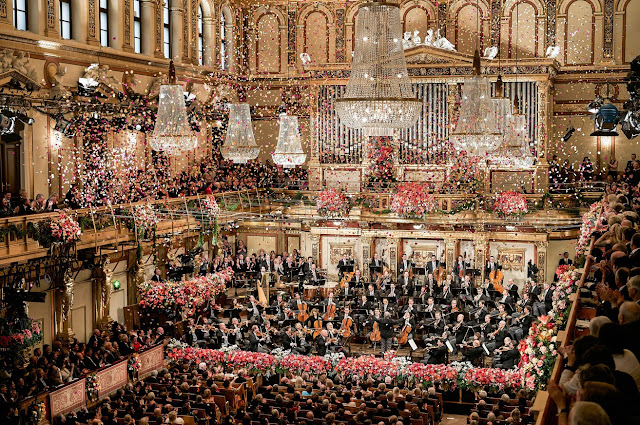Always
remember the saying of Heraclitus, that the death of earth is
to become water, and the death of water is to become air, and the death of air is to become fire, and conversely.
And
think too of him who forgets where the way leads, and that men
quarrel with that with which they are most constantly in
communion, the reason which governs the Universe, and the
things which they meet with daily seem to them strange.
And
consider that we ought not to act and speak as if we were
asleep, for even in sleep we seem to act and speak, and that we
ought not, like children who learn from their parents, simply
act and speak as we have been taught.
—Marcus
Aurelius, Meditations, Book 4 (tr
Long)
I have
always been a rather reflective person, though clearly not always reflective in
the best way. Merely dwelling on impressions, or aimlessly pondering about
speculations, or obsessing about how I might want something to be, is hardly
the same thing as seeking to understand myself and my place in the world.
We may
take the distinction between the Classical four elements in different ways, as
literally or as figuratively as we like, but the principle behind what
Heraclitus expresses remains the same. Any change of state is always into
something else, from old to new, the matter within one form being rebuilt in a new
form. In this way, all transformation serves an ordered purpose within the
balance of the whole. As trite as it may at first sound, endings are always new
beginnings.
This is
true not just in some grand cosmic scheme, but also in the most immediate and
humble aspects of daily life. I have forgotten where the way leads, as Marcus
Aurelius says, when I no longer listen to reason, and I no longer recognize the
balance and pattern of coming to be and passing away. Each and every event is
like that, because everything that happens plays a necessary part.
My own
reflection should never just consider how it feels to me at the moment. I
should look behind the appearance to how my relationship with other things and
with other people allows for the possibility of improvement and growth. Any new
happening, however unconnected it may at first seem, is another expression of
that constant unfolding.
Nothing
is really ever completely new or strange, just the same harmony played in a
variation.
I have,
in fact, thought of this in terms of the analogy of music quite often. An
orchestra may play a new piece with a different order and sequence of notes,
yet it remains an orchestra. Players come and go, yet it remains an orchestra. Each
musician may be doing something very different at various times, even as each
musician is contributing to the same goal of expressing beauty.
We all
follow a grand score, so to speak, though our place is never intended to be one
of blind conformity. I was often told to never play my own musical part
mindlessly. Instead, I should try to understand why those specific notes
mattered, how the way they were played made a difference, and in what way they
related to what everyone else was playing.
If I
start thinking about ensemble music, or about life itself, in such a manner, I
am playing my part with active awareness. I am no longer just doing what I’m
told, as if I were asleep. My participation, informed by free understanding,
now makes me a conscious and active agent, not a passive piece of fate.
Written in 2/2006
Image: The Vienna Philharmonic, playing the traditional New Year's Concert.


No comments:
Post a Comment